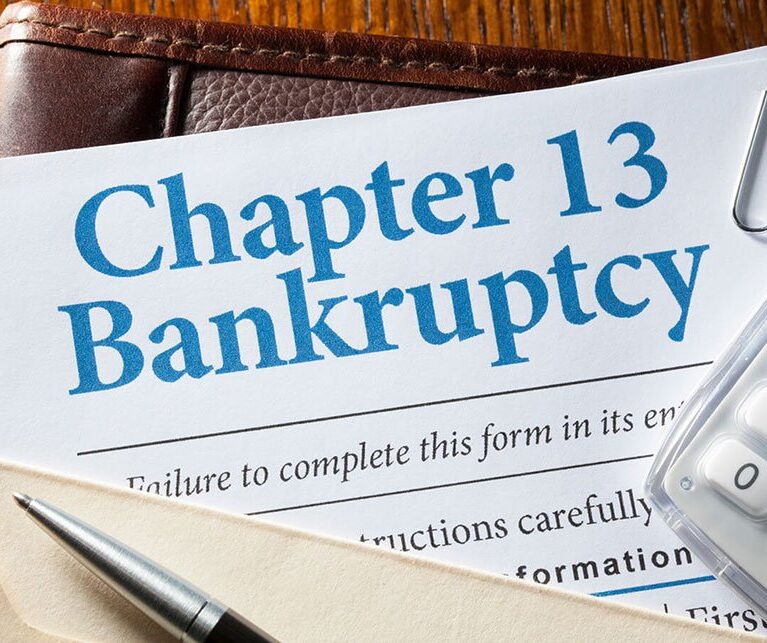For debt-burdened individuals who have a steady income and are otherwise ineligible to file for a Chapter 7 bankruptcy, Chapter 13 offers a path forward that can allow them to restructure obligations while keeping control of their most important assets, including their home.
The Chapter 13 bankruptcy lawyers of Ottenheimer Law Group have assisted countless individuals and families throughout Chicagoland who are struggling with overwhelming debt, often from significant and unexpected expenses such as medical costs. We work with our clients to fully understand their situation, capabilities, and objectives so we can craft an approach that makes their debt manageable and positions them for post-bankruptcy financial stability.
